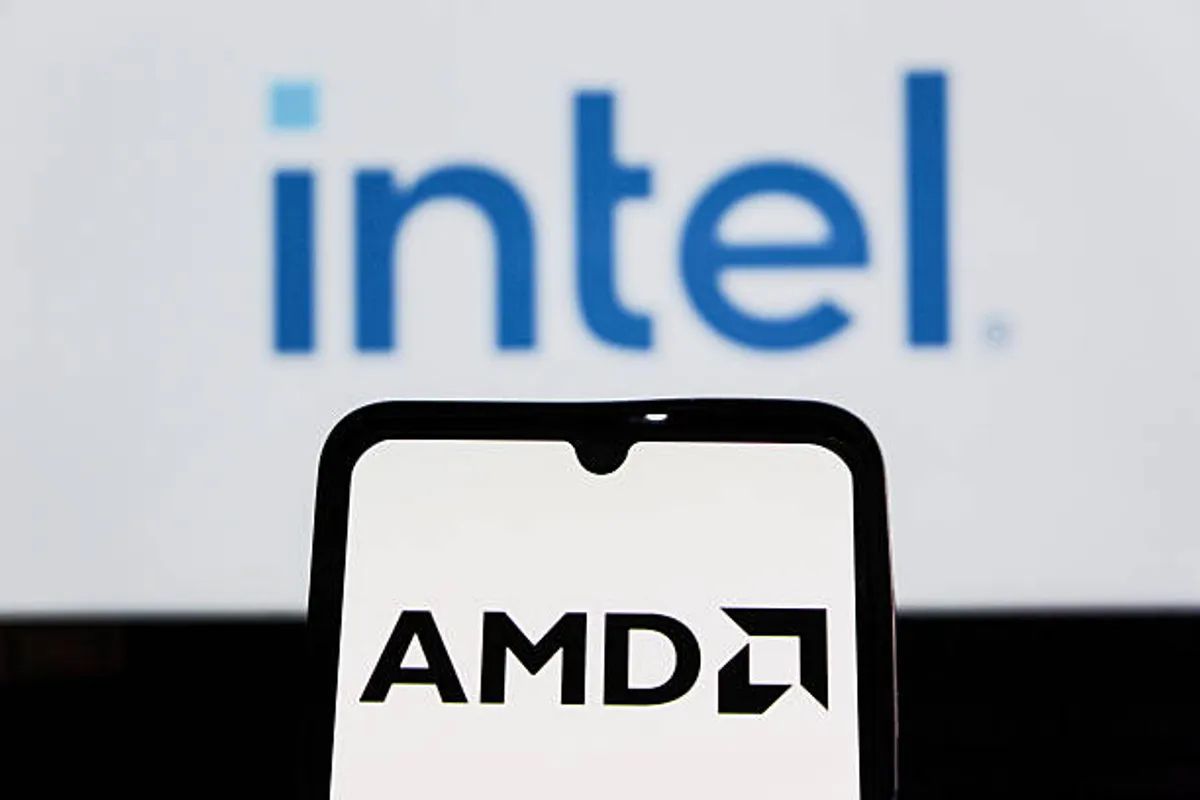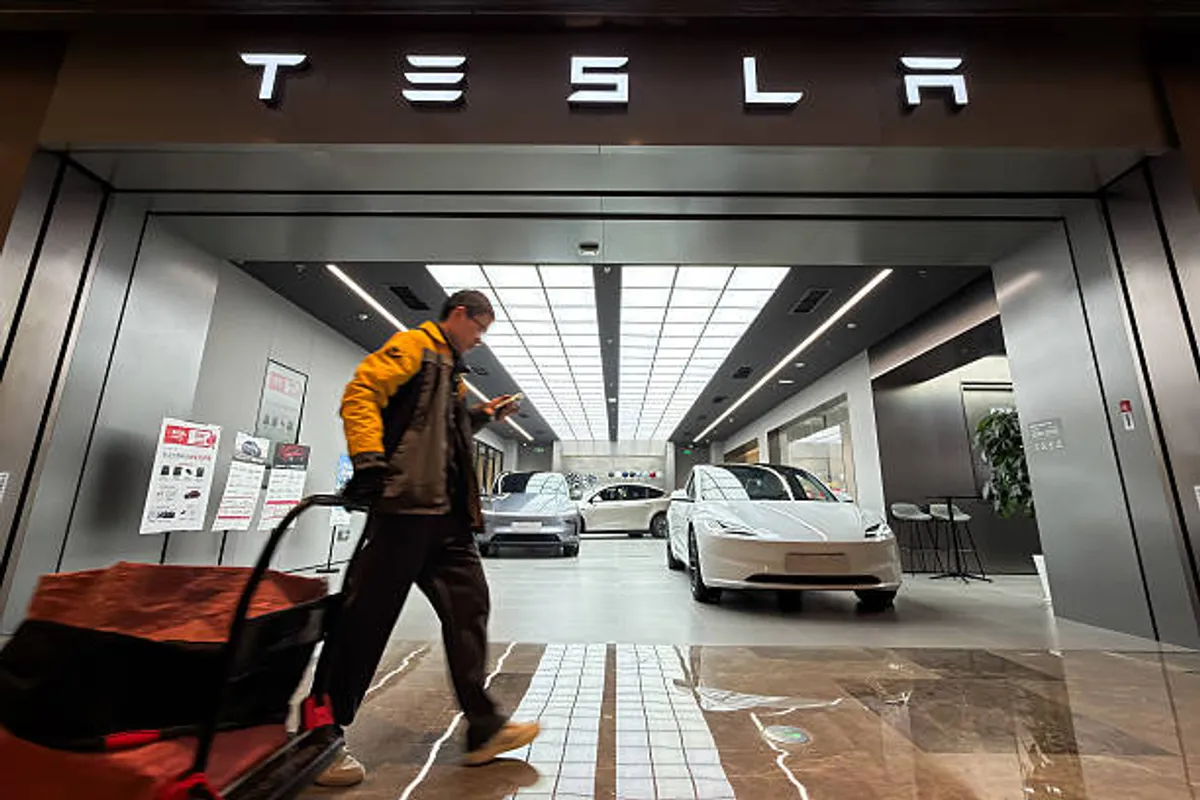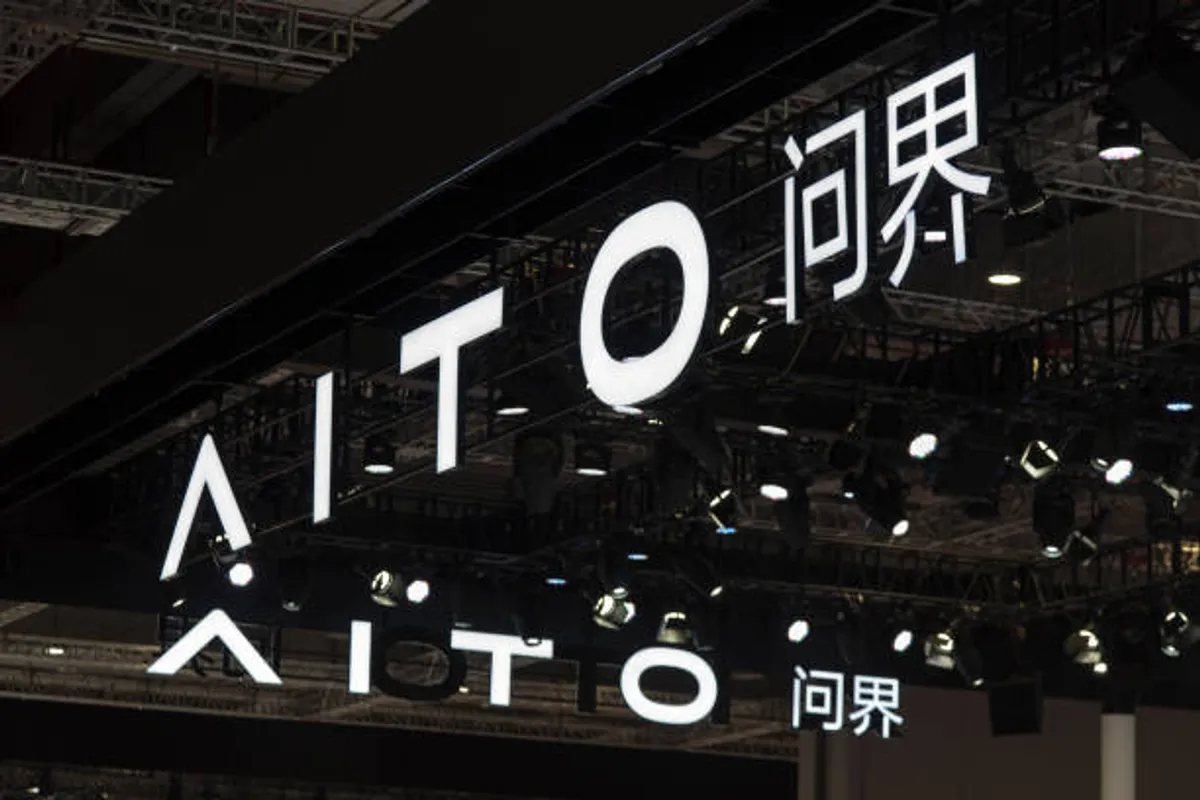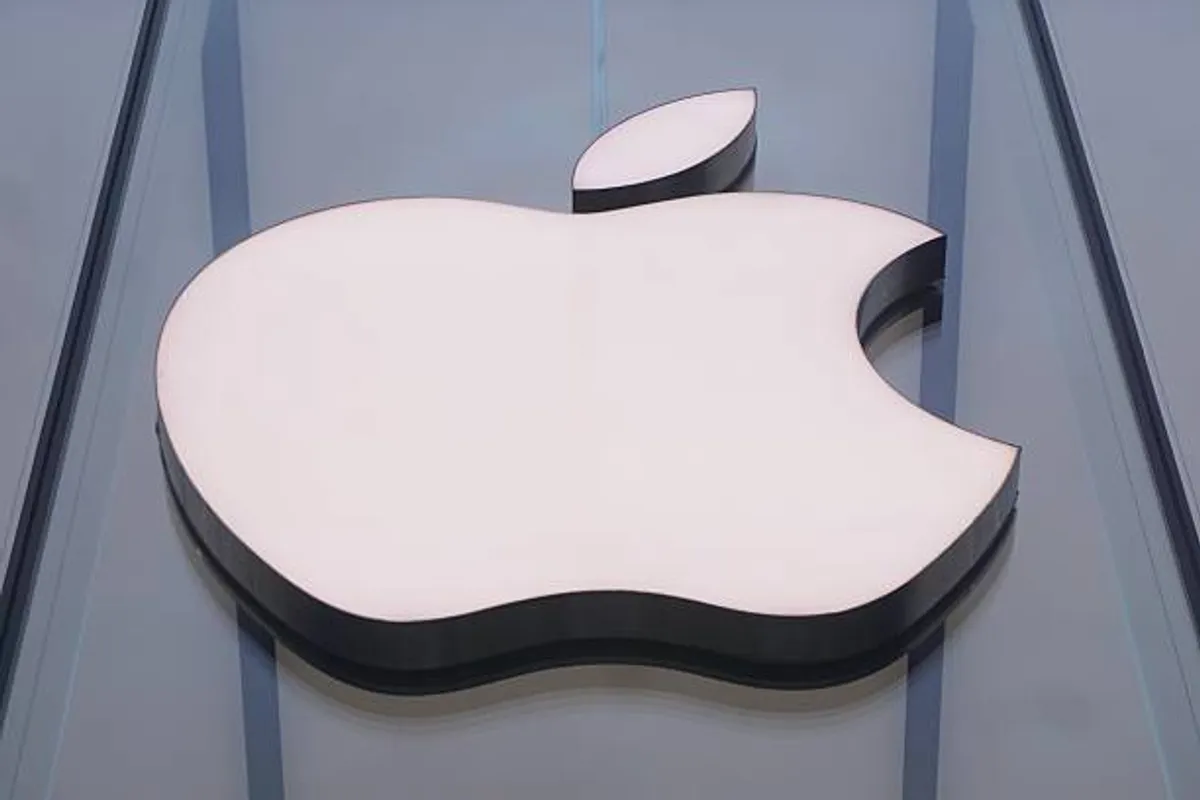Why Nexperia Is at the Heart of a Global Auto Chip Crisis

GeokHub

A geopolitical standoff between the Netherlands and China over chipmaker Nexperia is sparking fears of a supply shock across the global automotive industry. The company’s chips, used in countless car systems, are hard to replace quickly, and the dispute is threatening production lines from Europe to Asia.
Nexperia, which makes basic but essential semiconductor components like transistors and diodes, has become a flashpoint after the Dutch government intervened. Citing national and European security concerns, authorities suspended Nexperia’s CEO and blocked certain transfers of technology. In response, China halted exports of Nexperia-made chips from its territory.
That move has alarmed automakers worldwide. Car manufacturers rely heavily on Nexperia’s scale: it produces well over 110 billion components annually. Because these chips are low-cost yet ubiquitous in cars—used in everything from lighting systems to sensors and power controls—the disruption risks spreading rapidly through supply chains.
Unlike flashy AI or high-end processors, the chips Nexperia produces are often invisible to consumers. Yet they are critical:
- They regulate voltage, manage sensors, enable braking systems, and control countless small electrical functions in modern vehicles.
- Automotive systems demand rigorous qualification. Manufacturers cannot swap suppliers overnight because new components must pass stringent reliability, safety, and compatibility tests.
- Nexperia’s high volumes give it an advantage: its production scale and pricing often surpass what smaller competitors can match quickly.
Automakers are already sounding the alarm. Brands including Nissan, GM, Honda, and Mercedes have acknowledged exposure to this supply risk. Some are revising production schedules or exploring alternative sources—though switching to new suppliers could take months due to testing and approvals.
In Europe, component suppliers like Bosch warn that production could stall or shrink if the standoff drags on. The situation compounds existing pressures from tariffs, rare-earth supply constraints, and logistical bottlenecks in the auto sector.
The Dutch government says it is in talks with Chinese counterparts to restore normal operations and chip flows. The longer the impasse lasts, the more pressure there will be on automakers—and on Nexperia itself, which may need to split its operations or reconfigure its corporate structure to placate multiple governments.
Any outcome will shape how governments, manufacturers, and regulators approach control over chip supply—especially when critical infrastructure and industries depend on components many take for granted.








